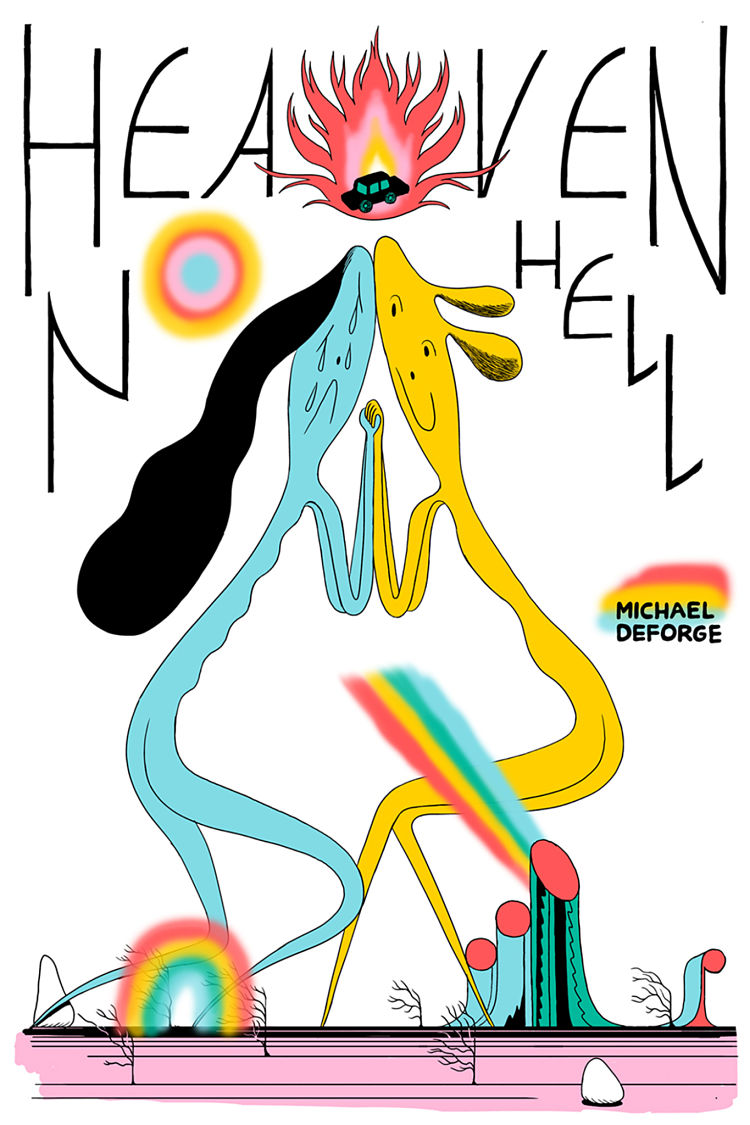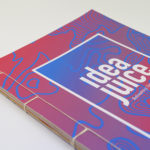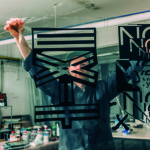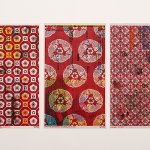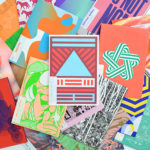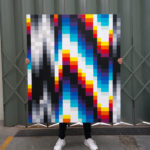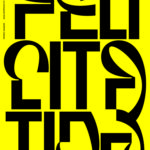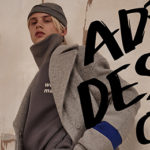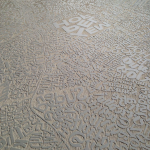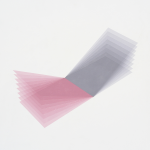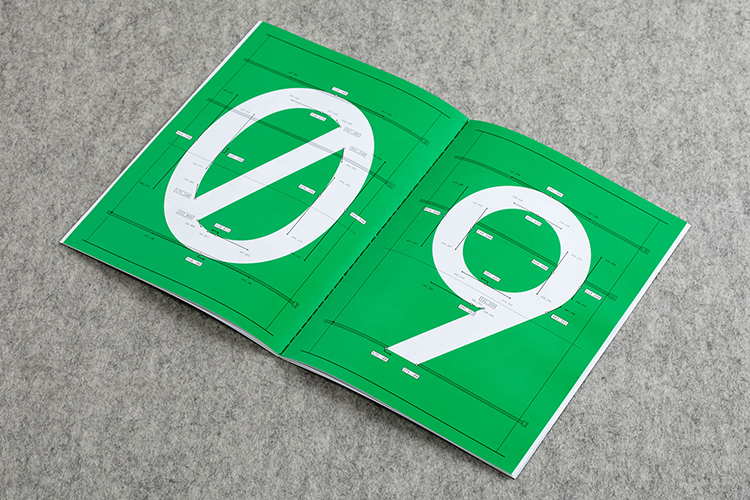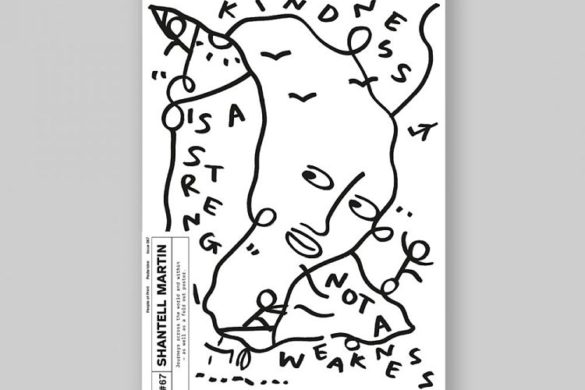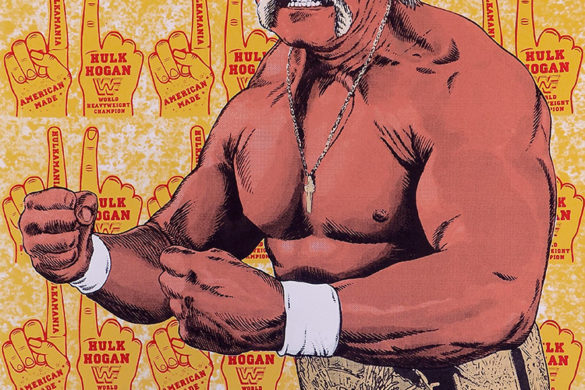Leading people in gently isn’t graphic artist Michael DeForge’s style: his new book, Heaven No Hell, opens with a person massaging, and ticking a corpse. Observed by a crowd delineated only as silhouetted figures, the narrative is just as shadowy as their forms: it seems the protagonist is roleplaying as a surgeon, but that the mask she wears is perilously close to slipping. Roleplaying a surgeon makes those slips particularly treacherous: but then, it seems, everyone else is an impostor, too…
While this opener seems bleak, it does little to detract from the breathtaking beauty of DeForge’s work. Heaven No Hell takes the form of a short story collection, a departure from the graphic novels the cartoonist is best known for. His usual hilarity is decidedly dark, here, but no less witty and strange; even when his characters’ faces have no features, the stories are gorgeously expressive, enveloping the reader through their mood and tone in panels that often have little in the way of text to guide us. Yet the narratives are still clear and gripping, for all their abstraction.
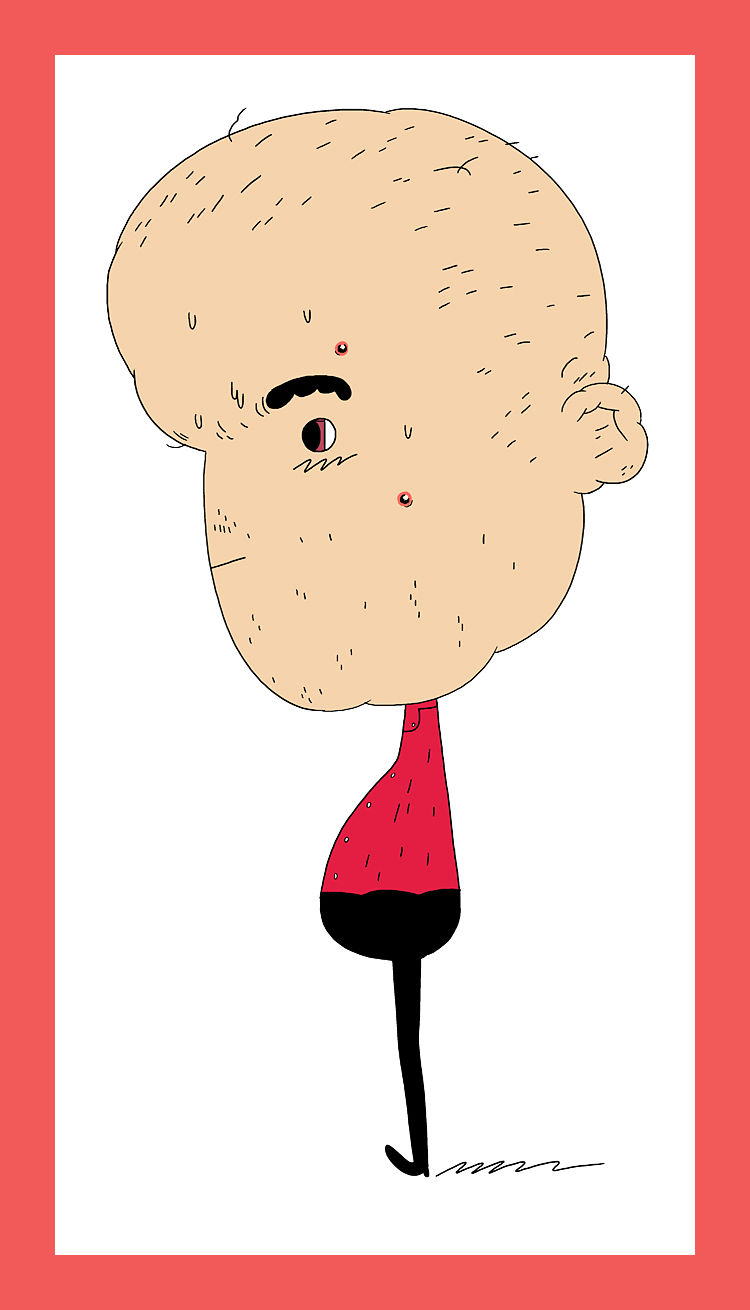 DeForge is certainly a prolific author—he’s published 11 books in the past decade, including another Drawn & Quarterly release, the colourful and just as sumptuously surreal Familiar Face in 2020, which delineates a sci-fi-leaning dystopia in primary hues, where “The bodies of citizens and the infrastructure surrounding them is constantly updating. People can’t recognise themselves in old pictures, and they wake up in apartments of completely different sizes and shapes.”
DeForge is certainly a prolific author—he’s published 11 books in the past decade, including another Drawn & Quarterly release, the colourful and just as sumptuously surreal Familiar Face in 2020, which delineates a sci-fi-leaning dystopia in primary hues, where “The bodies of citizens and the infrastructure surrounding them is constantly updating. People can’t recognise themselves in old pictures, and they wake up in apartments of completely different sizes and shapes.”
Heaven No Hell, as with Familiar Face, demonstrates the author’s ability to tease out universal, brutally human emotional truths from short text bubbles and strict panels. He doesn’t need much more than his impala line work and striking colour palettes to say what he needs to say, even though the things he’s saying are rarely simple: they deal in existential truths, that are by their nature both sublime and terrifying.
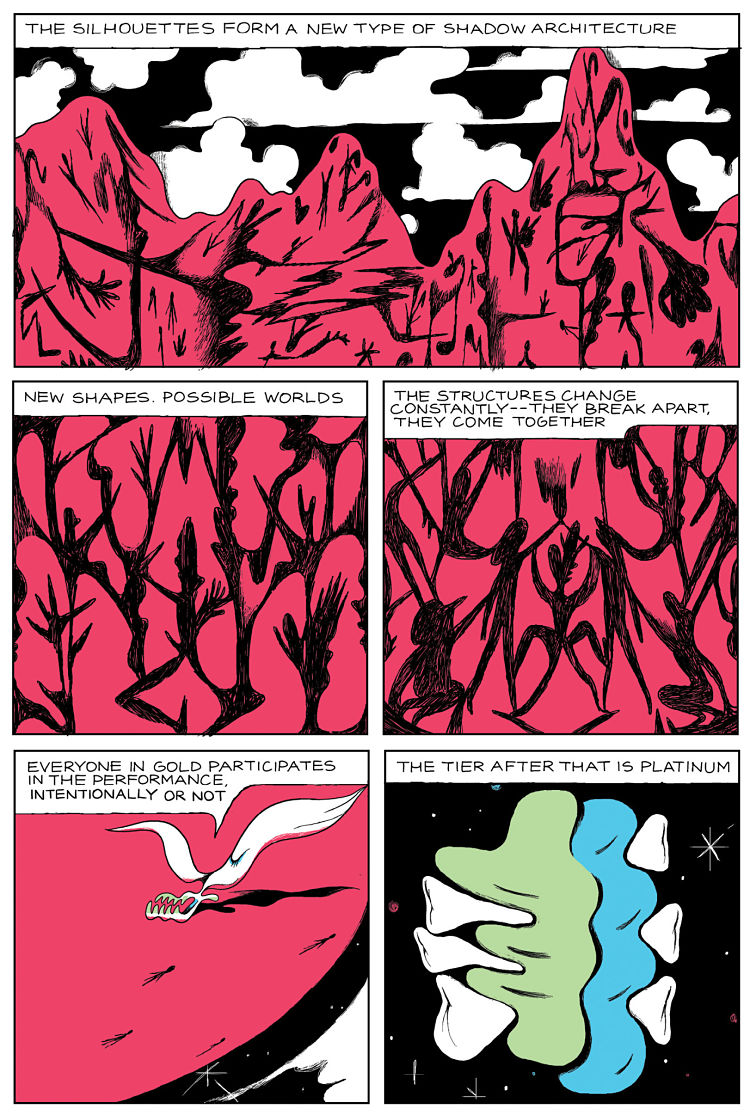 D&Q accurately describe DeForge’s approach to comics and graphic novels as being “ taut character studies and incisive social commentary with a focus on humour”; which frequently hone in on themes like identity, gentrification, fame, and sexual desire.
D&Q accurately describe DeForge’s approach to comics and graphic novels as being “ taut character studies and incisive social commentary with a focus on humour”; which frequently hone in on themes like identity, gentrification, fame, and sexual desire.
One of the stories in the book, the titular No Hell, delineates an angel’s tour of the five tiers of heaven (which is just outer space, it turns out—spoiler alert, hell doesn’t actually exist). Flying through a Matisse-like air, all black with pallid white stars and brightly coloured abstract shapes; the protagonist’s journey becomes a moral one as much as one in space and time. It seems that the same reel of her, or her friends’ lives in 2014 played over and over—at the crux of it is a very personal infidelity that haunts her throughout her “heaven.”
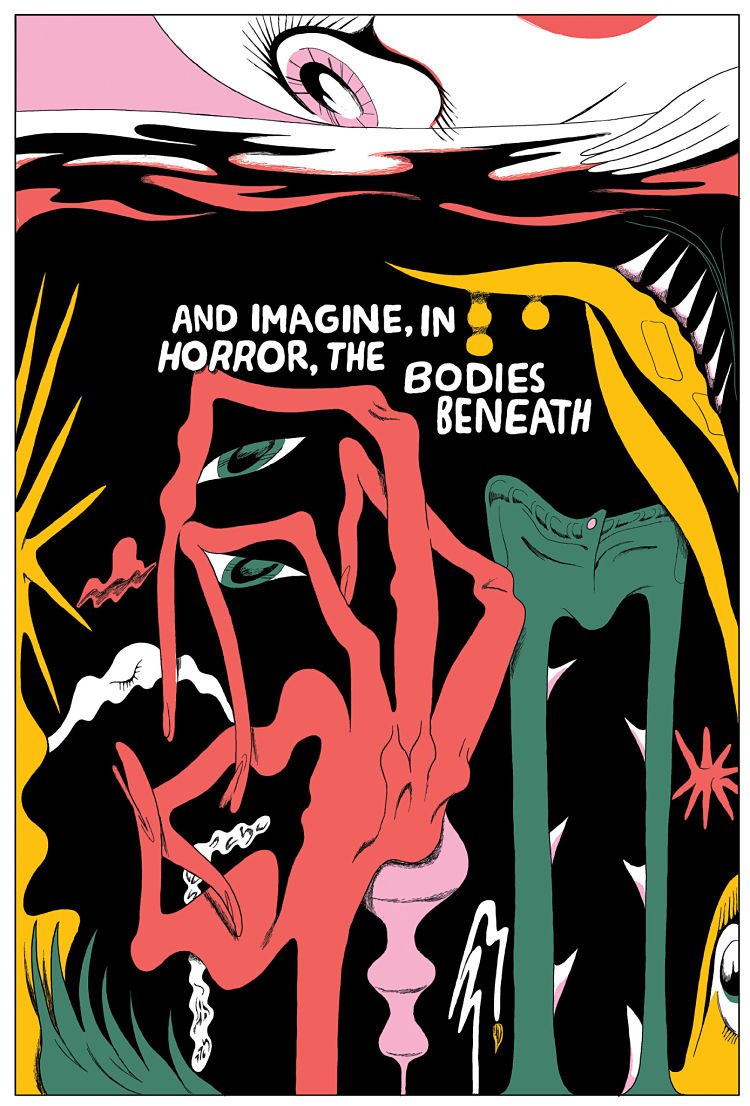 Throughout the stories, the shapes and colours veer from sinuously organic to futuristically fantastical—primary hues next to sickly neon greens, simple lifework made multilayered by placing scenes within scenes, visual metaphors (chessboards, skeletons, waking nightmares) within straightforward exposition.
Throughout the stories, the shapes and colours veer from sinuously organic to futuristically fantastical—primary hues next to sickly neon greens, simple lifework made multilayered by placing scenes within scenes, visual metaphors (chessboards, skeletons, waking nightmares) within straightforward exposition.
The story “Raising” is like Black Mirror if the TV series weren’t, as a friend once memorably put it, “intellectualism for basic people.” The story tells of a couple living in a time where there’s an app for seeing into the future of what your as-yet-unborn-baby will be like. The familiar face-swapping tech of today becomes grotesquely billowed into very dark territory: the young parents-to-be find out too much, and there’s not much they can do with this information other than confront their own less-than-wise decisions.
Jolting the reader back into the world of bubblegum blues, email inbox icons, cursors and in-game narratives that feel all too real but which expire with battery life is the story “Recommended for You”. The short story is described as “an anxious retelling of our narrator’s favourite TV show—a Purge-like societal collapse drama—as a reflection of our desire for meaning in pop culture.”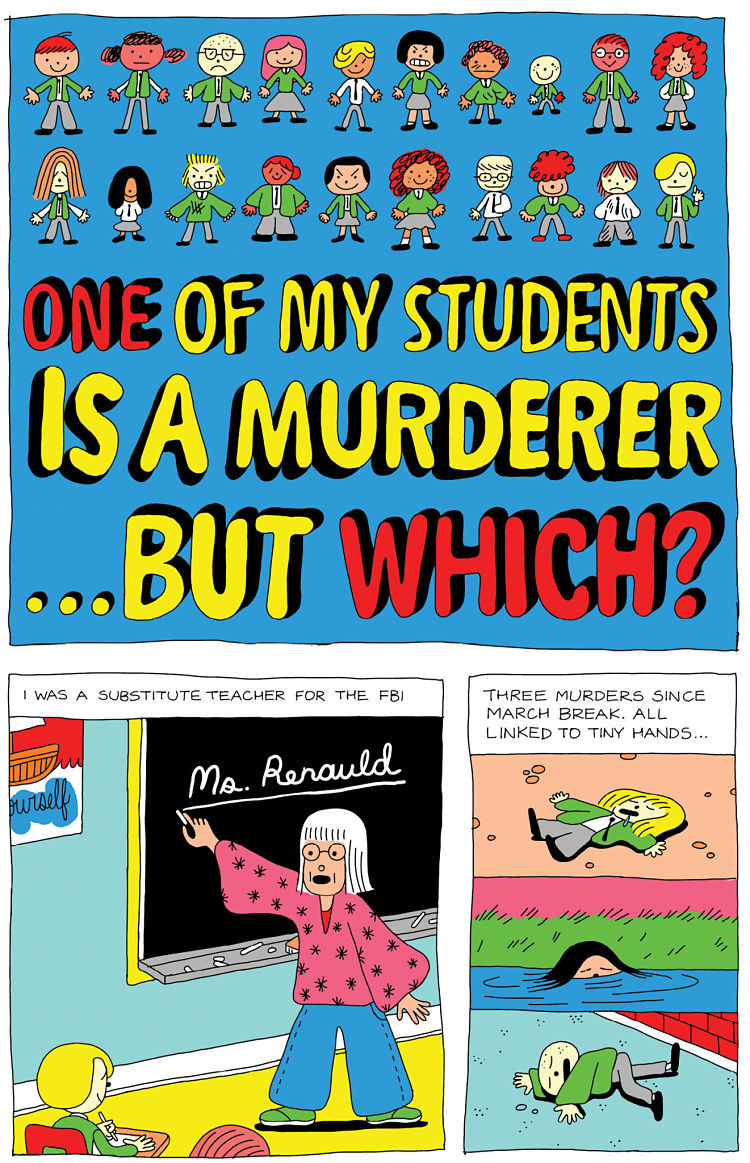 As with DeForge’s other stories in the book, the narrative and its themes are those which are both universal but that also lend themselves to the melodrama and quiet sincerity of comic panel form. They illustrate the moments in which interior turmoil becomes exterior, human-wide terror; and reveal that each and every one of us is grappling with a world that reveals itself to be wildly different to how we’d perceived it, from one moment to the next.
As with DeForge’s other stories in the book, the narrative and its themes are those which are both universal but that also lend themselves to the melodrama and quiet sincerity of comic panel form. They illustrate the moments in which interior turmoil becomes exterior, human-wide terror; and reveal that each and every one of us is grappling with a world that reveals itself to be wildly different to how we’d perceived it, from one moment to the next.
The publisher, Drawn and Quartley, puts it, Heaven No Hell is “always funny, sometimes sad, and continuously innovative in its deconstruction of society.” D&Q is a Montreal-based wealth of pretty much all the goo things when it comes to graphic novels that uphold the form’s tradition, those that push it to its limits, fun books, books that explore ossie like mental health and sex and death… Essentially, if you know they’re putting a book out, you can pretty much guarantee it’ll be a good’un.
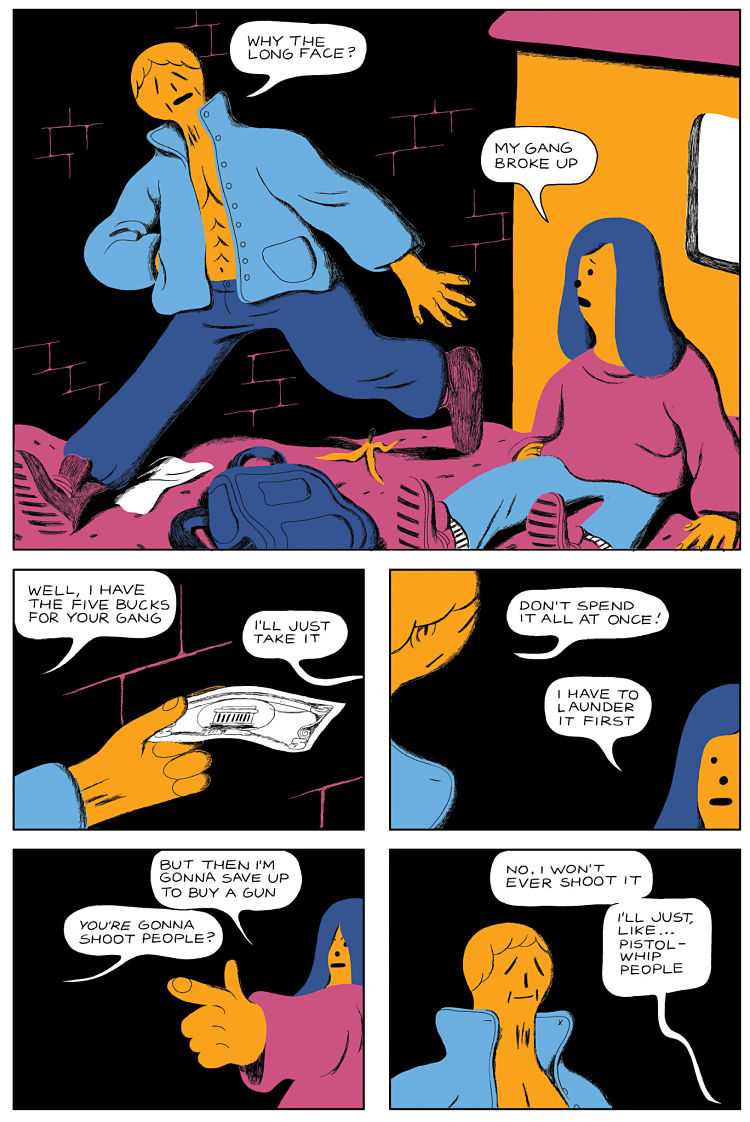 Among the recently brilliant tomes it’s launched are I Want You, by Lisa Hanawalt, a book of absurdist comics that riotously draws together the earlier work of the graphic artist, BoJack Horseman production designer and creator of AdultSwim’s lauded show Tuca & Bertie (D&Q also published her fabulous feminist western of sorts, Coyote Doggirl, a couple of years back( It’s also put out a deluxe volume of Moomin comics; Julie Delporte’s quietly moving graphic novel This Woman’s Work, published in 2017 and a poignant adjunct to the ongoing #MeToo movement and all the things associated with it; and the work of the ever-brilliant creator of The Artist comics series, Anna Haifish, with her book Von Spatz.
Among the recently brilliant tomes it’s launched are I Want You, by Lisa Hanawalt, a book of absurdist comics that riotously draws together the earlier work of the graphic artist, BoJack Horseman production designer and creator of AdultSwim’s lauded show Tuca & Bertie (D&Q also published her fabulous feminist western of sorts, Coyote Doggirl, a couple of years back( It’s also put out a deluxe volume of Moomin comics; Julie Delporte’s quietly moving graphic novel This Woman’s Work, published in 2017 and a poignant adjunct to the ongoing #MeToo movement and all the things associated with it; and the work of the ever-brilliant creator of The Artist comics series, Anna Haifish, with her book Von Spatz.
You might like...
- Autobahn - November 26, 2021
- Alphabetical - November 12, 2021
- SOFA Universe - November 8, 2021

